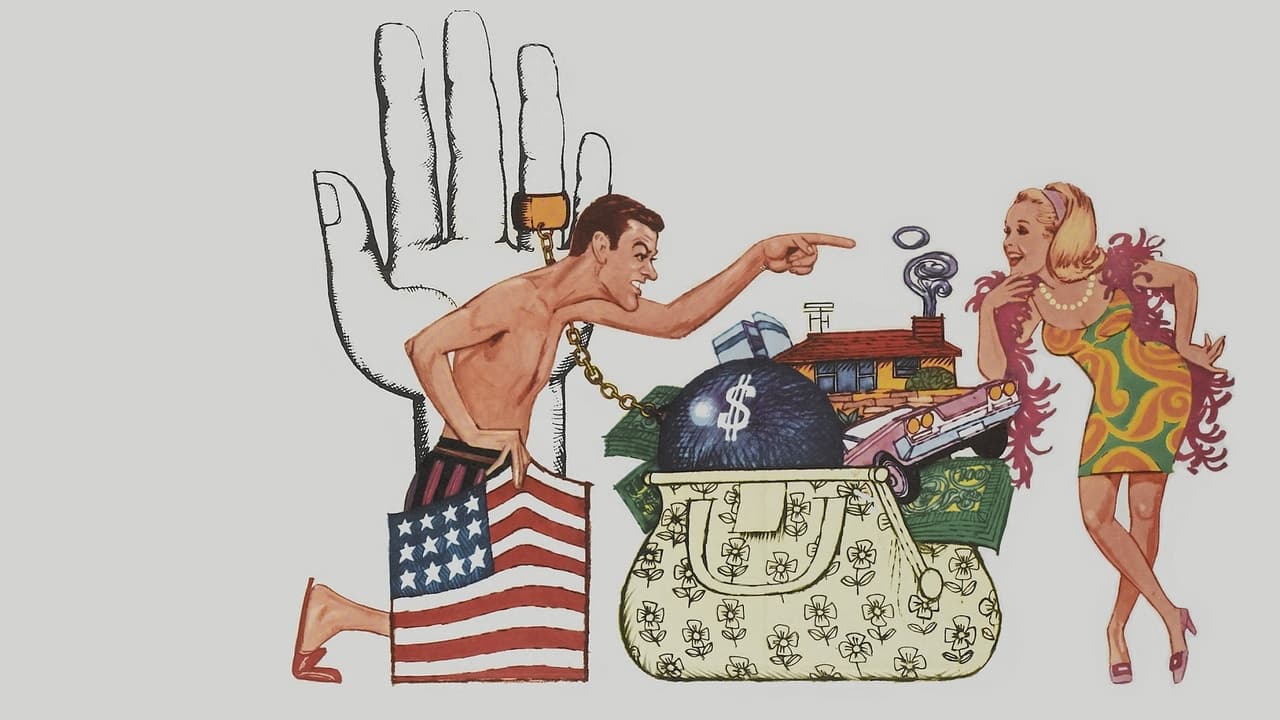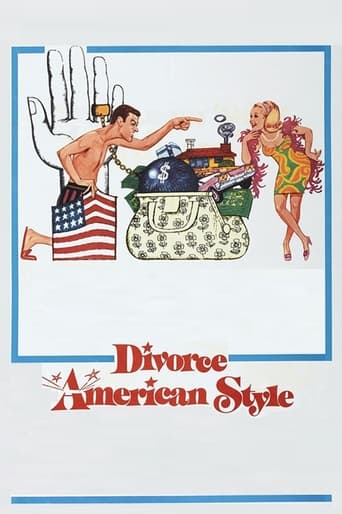

What happened to Debbie Reynold's face? I didn't think it would be possible to make Debbie Reynolds look scary but I was wrong. Did she have plastic surgery the day before this film started shooting? Or did this production hire the makeup man from the Batman TV show? And her hairline. I've seen aging sportscasters with hair plugs that looked more realistic. This is such a painful try-hard movie with zero realistic scenes. The bowling alley where Jason Robards sidles up to Dick Van Dyke? I would have called the lawyer and got a restraining order. By the time we're let in on why he's so persistent we've cringed out way to premature wrinkles. Credit where it's due, however -- Jean Simmons was a fine lady. She is so far above this dreck it's alarming. I felt embarrassed for all involved.
... View MoreOn the whole, this is not a great film, and it seems in a lot of ways like a feature length sitcom episode, esp. with Van Dyke doing essentially his stock character. Debbie Reynolds was done no favors by the wardrobe, hair and makeup departments, as I've never seen her less attractive at this point in her career. The film didn't spend enough time establishing her character either, to the point that I found myself rooting for Van Dyke to hook up with Jean Simmons' character. Jason Robards plays a very strange and kind of funny divorcée who is desperately trying to marry off his ex-wife (Simmons) in order to free himself to marry his (very pregnant) ditzy girlfriend from Bakersfield.The settings and music are quite typical and induce nostalgia even in those who did not live in that time and place. There are some really amusing gags that come and go, such as the son who keeps a scorecard of his parents' argument, and the beginning conceit with the conductor on the hilltop who seems, like a god, to be orchestrating all the arguments in the suburban valley below.These smart bits of humor don't really make the film flow any better or make it any more of a complete experience. By the time Van Johnson shows up, we're thinking there are so many interesting side characters that we don't really care anymore what happens to the original couple played by Van Dyke and Reynolds.
... View MoreThe marriage of Richard and Barbara Harmon (Dick Van Dyke and Debbie Reynolds) is falling apart. They're always fighting and are extremely unhappy. They decide to divorce and go their separate ways. They're helped by friends and co-workers played by Jason Robards, beautiful Jean Simmons, Van Johnson, Joe Flynn and Lee Grant.I never even knew this movie existed until it popped up on TCM. It seems to be a forgotten movie which is too bad because its lots of fun. The script is excellent--most of it is a comedy but they also bring up interesting and serious insights into love, sex and relationships. The entire cast is great throwing off one-liners left and right. Also this is a fascinating social documents of the late 1960s to see how couples lived, the things they talked about, the fashions they wore and the houses they had. Sure it's dated but I was never bored. Also it's fun to see 20 year old Tim Matheson in his first film (playing a teenager!). Worth catching.
... View MoreDIVORCE American STYLE was an offbeat and surprisingly adult (for 1967) that starred Dick Van Dyke and Debbie Reynolds as Richard and Barbara Harmon, a wealthy California couple who divorce after 17 years of marriage and the adjustments both try to make being single once more. Smartly directed by Bud Yorkin and co-written by future TV icon Norman Lear, this biting satire died at the box office at the time of release, but is really a well-made and quite revealing comedy about the ins and outs of marriage, divorce, and all the little banalities that these subjects bring about. Yorkin directs with a master hand here...I love the scene right after Richard and Barbara's dinner party where they undress for bed in total silence, getting in each other's way but not saying a word to each other, just "Bury you in six feet under" looks. Or when Richard and his best friend (Joe Flynn)and Barbara and her best friend (Emmaline Henry) arrive at the bank at the same time to clean out their bank accounts and safety deposit box...another scene done with no dialogue but so smartly staged, dialogue is not needed. The supporting cast is first rate...Jason Robards is surprisingly funny as Nelson Downs, a divorce victim who tries to set Richard up with his ex (the lovely Jean Simmons) so that he doesn't have to pay alimony anymore. Lee Grant, Tom Bosley, Van Johnson, Eileen Brennan, Shelley Berman, and Dick Gautier also contribute funny bits. A very young Tim Matheson also appears as Richard and Barbara's eldest son. This delicious and slightly twisted comic confection from the mind of Norman Lear is a delight from beginning to end and if you've never seen it, it's worth a look.
... View More